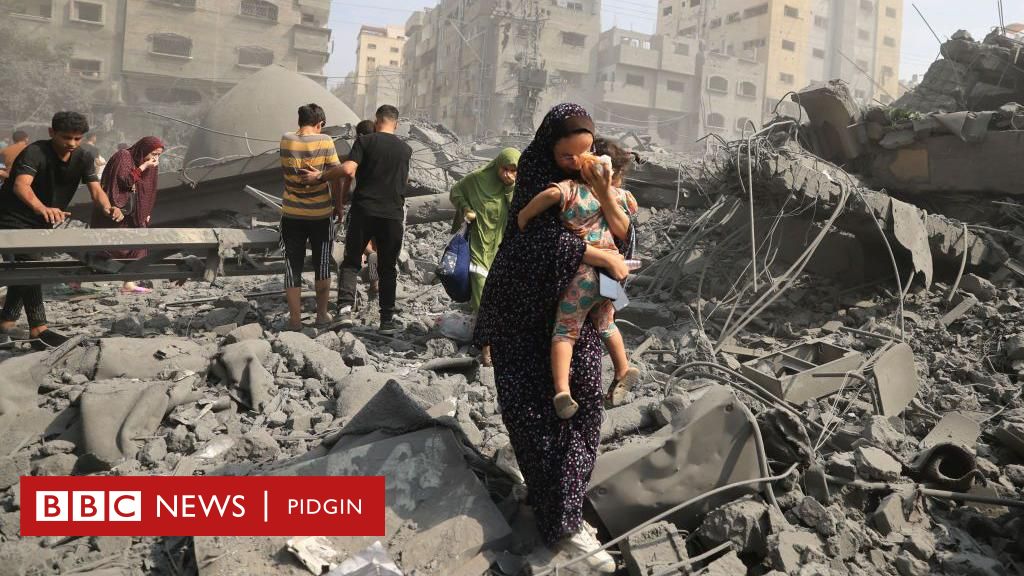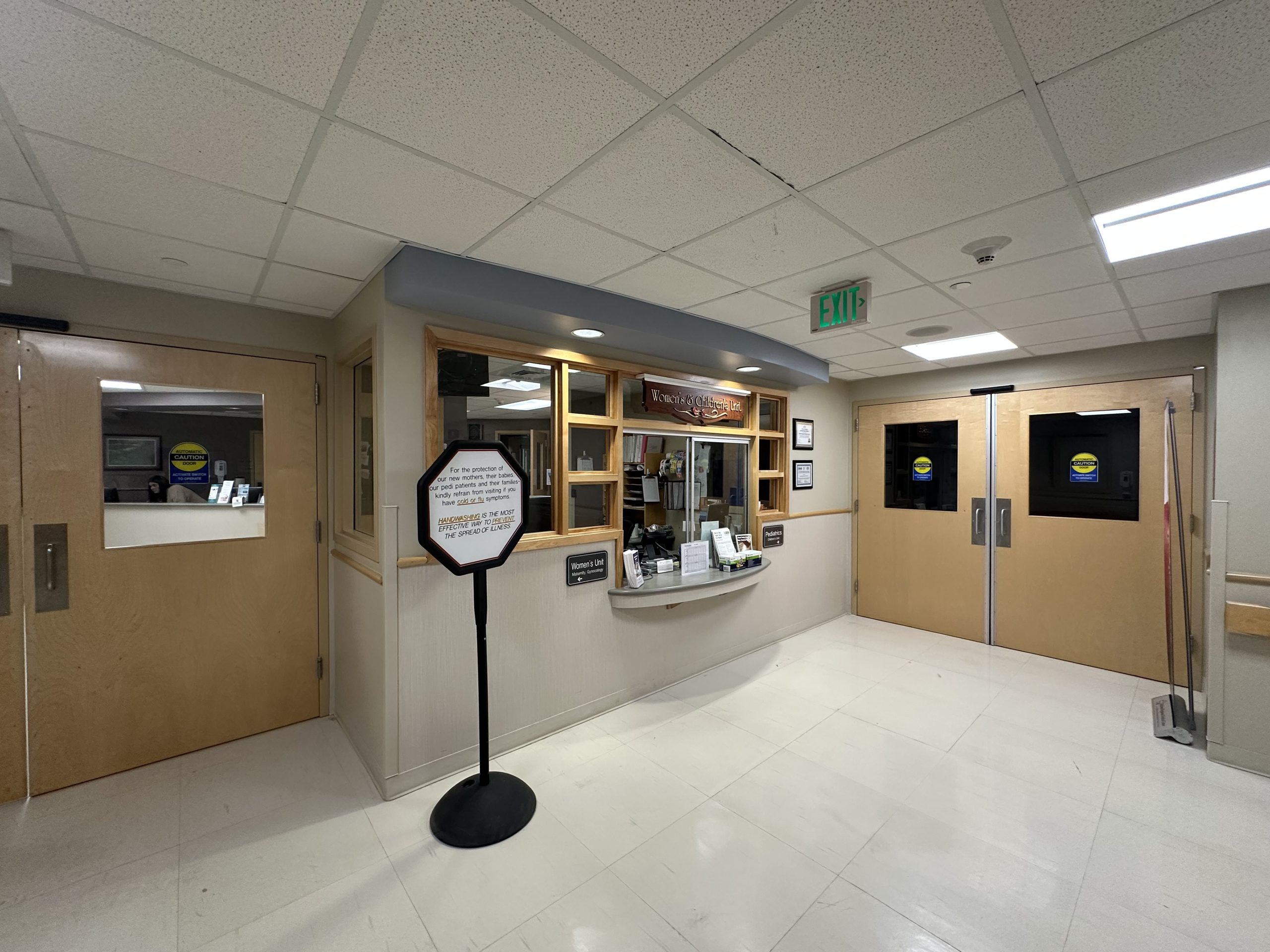Critical Meds Vanish: Colombia's Healthcare System on the Brink of Collapse
Health
2025-03-25 20:02:49Content

Colombia's Healthcare System Teeters on the Brink of Collapse
In a stark warning that echoes the growing frustration of millions, Colombia's human rights watchdog has declared the nation's healthcare system in a state of critical emergency. The independent agency has highlighted the system's catastrophic failure to deliver basic medical services and essential medications to patients across the country.
The crisis has exposed deep-rooted systemic problems that are leaving vulnerable populations without access to crucial healthcare. Patients are increasingly finding themselves caught in a bureaucratic nightmare, struggling to receive timely medical attention and life-saving treatments.
Government officials are now under intense pressure to address the mounting healthcare challenges, as the breakdown of the medical infrastructure threatens the well-being of countless Colombian citizens. The situation demands immediate and comprehensive reforms to restore faith in the country's healthcare system and ensure the fundamental right to medical care.
Healthcare Collapse: Colombia's Medical System on the Brink of Catastrophe
In the heart of South America, a profound healthcare emergency is unfolding, threatening the fundamental right to medical care for millions of Colombian citizens. The intricate web of systemic failures, bureaucratic inefficiencies, and chronic underfunding has pushed the nation's healthcare infrastructure to a precipice of total breakdown.A Nation's Healthcare System Crumbling Under Unprecedented Pressure
The Roots of Medical Infrastructure Breakdown
Colombia's healthcare system is experiencing a multifaceted crisis that extends far beyond simple administrative challenges. Decades of structural neglect, inadequate funding, and complex socioeconomic dynamics have converged to create a perfect storm of medical service disruption. The government's healthcare infrastructure has been systematically eroded, leaving patients vulnerable and medical professionals overwhelmed. Hospitals across major urban centers and rural regions are struggling with critical resource shortages. Medical equipment is aging, pharmaceutical supply chains are fragmented, and healthcare professionals are facing unprecedented burnout. The combination of these factors has created a healthcare landscape that is increasingly unable to meet the basic medical needs of the population.Systemic Barriers to Patient Access
The breakdown in medical service delivery is not merely a matter of infrastructure but represents a complex interplay of bureaucratic, economic, and structural challenges. Patients are encountering insurmountable obstacles in accessing even the most basic medical treatments. Long waiting periods, byzantine administrative processes, and prohibitive costs have transformed healthcare from a fundamental right into an increasingly unattainable luxury. Rural communities are disproportionately affected, with many regions experiencing complete medical service deserts. The geographical disparities in healthcare access have created a two-tiered system where socioeconomic status directly determines an individual's ability to receive medical attention.Economic and Social Implications of Healthcare Collapse
The ramifications of this healthcare crisis extend far beyond immediate medical concerns. Economic productivity is being severely impacted as untreated health conditions prevent individuals from participating fully in the workforce. The social fabric of communities is being strained as families struggle to navigate a broken medical system. Moreover, the psychological toll on citizens cannot be understated. The constant uncertainty and anxiety surrounding medical access are creating a pervasive sense of vulnerability and distrust in institutional systems. This erosion of confidence threatens not just healthcare delivery but the broader social contract between citizens and their government.Potential Pathways to Systemic Reconstruction
Addressing this complex crisis requires a comprehensive, multi-dimensional approach. Significant investments in medical infrastructure, streamlining administrative processes, and developing more equitable healthcare distribution models are critical first steps. International collaboration, innovative funding mechanisms, and a fundamental reimagining of healthcare delivery could provide potential solutions. Healthcare professionals, policymakers, and community leaders must work collaboratively to develop sustainable strategies that prioritize patient access, medical quality, and systemic resilience. The path forward demands not just financial investment but a profound cultural and institutional transformation.RELATED NEWS
Health

Gaza Conflict Death Toll Surpasses 50,000, Health Ministry Reports Devastating Casualties
2025-03-23 14:21:17







